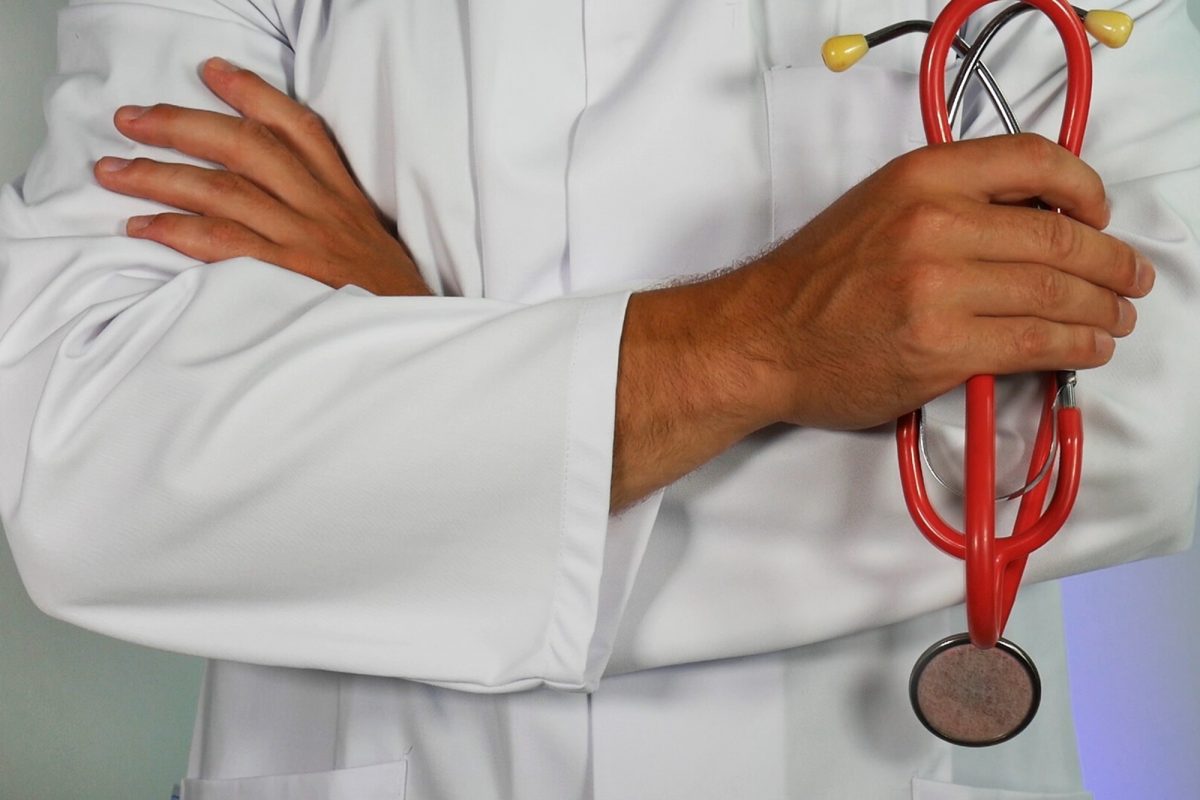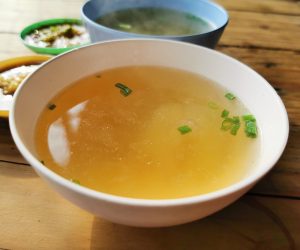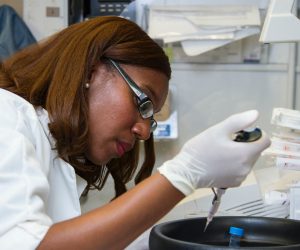
COVID-19 Survivors May Have Protective Antibodies for 4 Months
Angela Betsaida B. Laguipo, BSN via News-Medical Net – A new study by researchers at Harvard Medical School and the Massachusetts General Hospital (MGH) aimed to determine how long severe acute respiratory syndrome coronavirus 2 (SARS-CoV-2) immunity in COVID-19 survivors lasts. The researchers found that people who survive severe COVID-19 disease have long-lasting immune responses against SARS-CoV-2.
The study, published in the journal Science Immunology, highlights the body’s immune response against COVID-19. Also, it offers hope that people who are infected with the SARS-CoV-2 virus will develop lasting protection against reinfection.
The Study
In the study, the researchers focused on the receptor-binding domain (RBD) of the virus “spike” protein, which binds to cells through the angiotensin-converting enzyme 2 (ACE2) receptors, leading to infection.
The immune system generates proteins called antibodies when it senses that pathogens like the SARS-CoV-2 invade the body. Though the body produces an immune response, it is unclear how long these antibody responses last.
To arrive at the study findings, the research team collected blood samples from 343 patients infected with SARS-CoV-2, most of whom had severe cases. These blood samples were obtained up to four months after the symptoms appeared.
The researchers isolated the blood plasma and applied to laboratory plates coated with the RBD of the spike protein. They analyzed how different types of antibodies in the plasma attached to RBD. The study results were compared with blood samples collected from 1,548 people before the pandemic.
The study findings showed that the immunoglobulin G (IgG) levels remained elevated in COVID-19 patients for four months and were tied to the presence of protective neutralizing antibodies, which exhibited a little reduction in activity over time.
Hence, people are very likely to be protected for four months, which shows that key antibody responses to COVID-19 are present, the researchers concluded.
IgG Level Measurements More Accurate
Also, they found that measuring the IgG levels was more accurate in detecting people who had symptoms for at least 14 days.
“These data suggest that RBD-targeted antibodies are excellent markers of previous and recent infection, that differential isotype measurements can help distinguish between recent and older infections, and those IgG responses persist over the first few months after infection and are highly correlated with neutralizing antibodies,” the researchers wrote in the paper.
They added that since the standard test for SARS-CoV-2, the Polymerase chain reaction (PCR) nasal swab, loses sensitivity over time, supplementing it with an antibody test in patients who developed symptoms for at least eight days can aid in identifying some positive cases that may be missed.
The team also added that people who were infected with the coronavirus had immunoglobulin A (IgA) and immunoglobulin M (IgM) responses that lasted for short periods decreasing to low levels in about two and a half months after infection. If patients tested positive for these antibodies, they might have been infected with COVID-19 in the past two months.
Being aware of the duration of the body’s immune responses against SARS-CoV-2 by testing IgA and IgM levels will help provide more precise data about the spread of the infection.
“There are a lot of infections in the community that we do not pick up through PCR testing during acute infection, and this is especially true in areas where access to testing is limited,” Jason Harris, a pediatric infectious disease specialist at MGH, explained.
“Knowing how long antibody responses last is essential before we can use antibody testing to track the spread of COVID-19 and identify ‘hot spots’ of the disease,” he added.
Of the more than 37.39 million cases of COVID-19 globally, more than 25.99 million have already recovered. Currently, numerous vaccines are being trialed to see if they are effective and safe to use by the general public. Having a better understanding of the body’s antibody responses to SARS-CoV-2 will also help scientists develop a vaccine that could offer protection against the raging virus.
- Harvard Medical School. (2020). https://news.harvard.edu/gazette/story/2020/10/covid-survivors-may-have-four-months-of-protection/
- COVID-19 Dashboard by the Center for Systems Science and Engineering (CSSE) at Johns Hopkins University (JHU) – https://gisanddata.maps.arcgis.com/apps/opsdashboard/index.html#/bda7594740fd40299423467b48e9ecf6
To read the original article click here.






